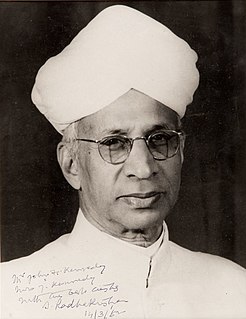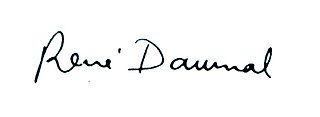A Quote by Rollo May
The ultimate error is the refusal to look evil in the face.
Related Quotes
Not only is suicide a sin, it is the sin. It is the ultimate and absolute evil, the refusal to take an interest in existence; the refusal to take the oath of loyalty to life. The man who kills a man, kills a man. The man who kills himself, kills all men. As far as he is concerned he wipes out the world.
Our way out involves both resistance and renewal: saying no to what is, so that we can reshape and recreate the world. Our challenge is communal, but to face it we must be empowered as individuals and create structures of support and celebration that can teach us freedom. Creation is the ultimate resistance, the ultimate refusal to accept things as they are. For it is in creation that we encounter Mystery.
Most of us have learned to be dispassionate about evil, to look it in the face and find, as often as not, our own grinning reflections with which we do not argue, but good is another matter. Few have stared at that long enough to accept that its face too is grotesque, that in us the good is something under construction. The modes of evil usually receive worthy expression. The modes of good have to be satisfied with a cliche or a smoothing down that will soften their real look.
'Reversible Errors' is about the limits of the law to define who committed ultimate evil, to define what ultimate evil is, to allow the million arbitrary factors to make this a meaningful punishment, and finally to say, 'Are we really accomplishing what we wanted to accomplish? Are those anxieties relieved?' I don't think so.






































